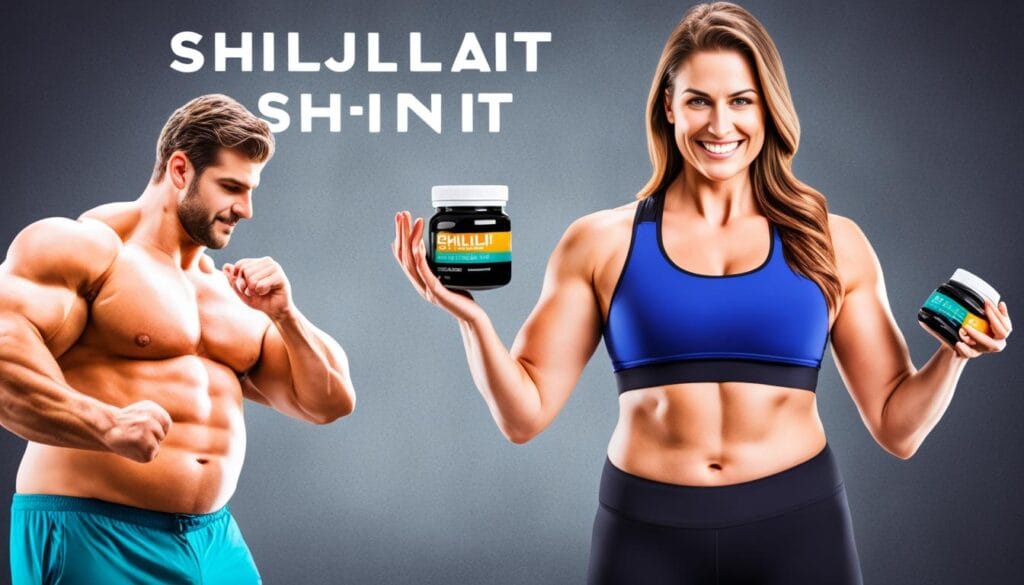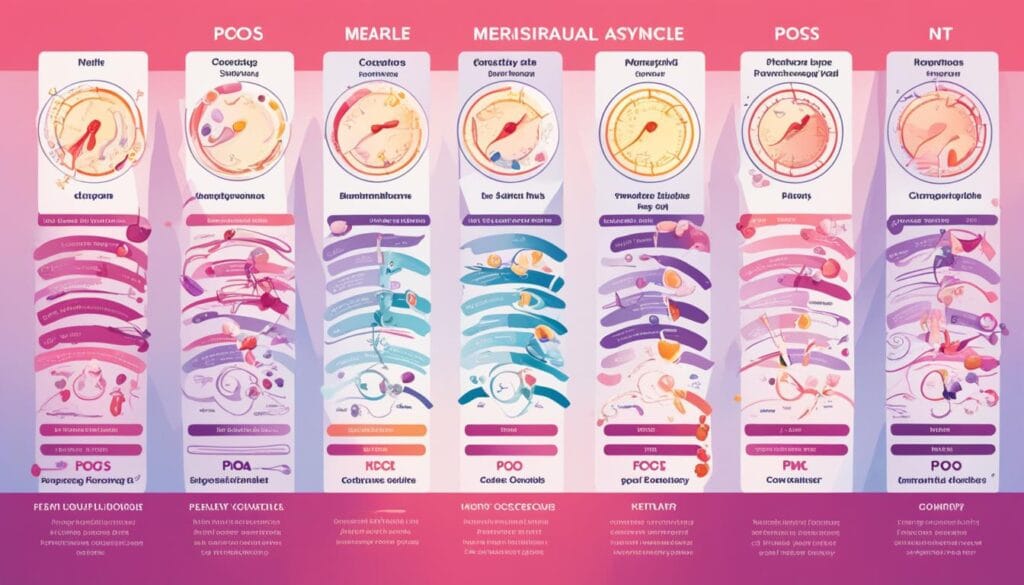
Discover 25 top plant-based protein sources perfect for vegetarians and vegans, complete with nutritional info, practical tips, and personal insights. Ideal for busy lifestyles and packed with visuals to enhance your understanding
As a vegetarian or vegan, ensuring you get enough protein can be a challenge. But with a little knowledge and some planning, you can easily meet your protein needs with delicious and nutritious plant-based foods. This guide will provide you with a comprehensive list of plant-based protein sources, complete with nutritional information, practical tips, and personal insights. Whether you’re looking to build muscle, manage your weight, or simply eat
a balanced diet, this post has got you covered.
Top Plant-Based Protein Sources
Legumes: The Powerhouses of Plant-Based Protein
Legumes are a fantastic source of protein for vegetarians and vegans. They are not only rich in protein but also packed with fiber, vitamins, and minerals.
Nutritional Information:
- Lentils: 18 grams of protein per cup (cooked)
- Chickpeas: 15 grams of protein per cup (cooked)
- Black Beans: 15 grams of protein per cup (cooked)
How to Incorporate: - Lentils: Add to soups, stews, or salads.
- Chickpeas: Make hummus or add to salads.
- Black Beans: Perfect for tacos, burritos, or chili.
Personal Tips:
I love making a hearty lentil soup during the winter. It’s warming, filling, and incredibly nutritious.
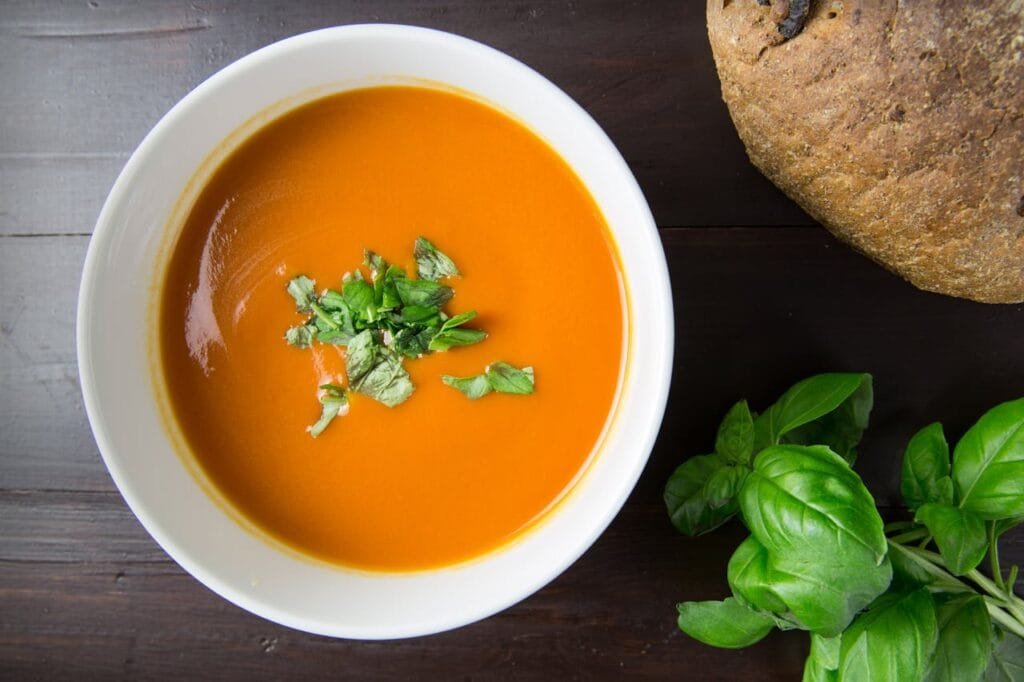
Recipes:
- Lentil Soup: Cook lentils with carrots, celery, onions, garlic, and vegetable broth for a delicious, protein-packed meal.
- Chickpea Salad: Mix chickpeas with cucumber, tomatoes, red onion, and a lemon-tahini dressing.
Nuts and Seeds: Compact Nutrient Bombs
Nuts and seeds are incredibly versatile and can be used in a variety of dishes. They’re also a great source of healthy fats and other essential nutrients.
Nutritional Information:
- Almonds: 6 grams of protein per ounce (about 23 almonds)
- Chia Seeds: 4 grams of protein per ounce (about 2 tablespoons)
- Pumpkin Seeds: 7 grams of protein per ounce
How to Incorporate: - Almonds: Snack on them raw, add to salads, or make almond butter.
- Chia Seeds: Add to smoothies, oatmeal, or make chia pudding.
- Pumpkin Seeds: Sprinkle on salads, add to granola, or eat roasted as a
snack.
Personal Tips:
Chia seeds are a staple in my morning routine. I often make a simple chia pudding with
almond milk and a touch of honey.

Recipes:
- Chia Pudding: Mix 2 tablespoons of chia seeds with 1 cup of almond milk. Let it sit overnight and top with fruits and nuts.
- Almond Butter: Blend roasted almonds in a food processor until smooth. Use it as a spread or in smoothies.
Whole Grains: The Foundation of a Balanced Diet
Whole grains are an excellent source of protein and fiber. They provide sustained energy and can be used in a variety of dishes.
Nutritional Information:
- Quinoa: 8 grams of protein per cup (cooked)
- Oats: 6 grams of protein per cup (cooked)
- Brown Rice: 5 grams of protein per cup (cooked)
How to Incorporate: - Quinoa: Use as a base for salads, bowls, or as a side dish.
- Oats: Make oatmeal, add to smoothies, or bake into cookies.
- Brown Rice: Use in stir-fries, as a side dish, or in burritos.
Personal Tips:
Quinoa is my go-to grain for meal prep. It’s quick to cook and pairs well with almost anything.

Recipes:
- Quinoa Salad: Combine cooked quinoa with black beans, corn, tomatoes,
avocado, and a lime-cilantro dressing. - Oatmeal: Cook oats with almond milk, top with berries, nuts, and a drizzle of
maple syrup
Vegetables: Nutrient-Dense and Protein-Rich
Certain vegetables are surprisingly high in protein. They also offer a wealth of other nutrients and can be easily incorporated into your diet.
Nutritional Information:
- Spinach: 5 grams of protein per cup (cooked)
- Broccoli: 4 grams of protein per cup (cooked)
- Brussels Sprouts: 4 grams of protein per cup (cooked)
How to Incorporate: - Spinach: Add to smoothies, salads, or sauté as a side dish.
- Broccoli: Steam, roast, or add to stir-fries.
- Brussels Sprouts: Roast with olive oil and spices, or add to salads.
Personal Tips:
I like adding a handful of spinach to my morning smoothies. It’s an easy way to boost the protein and nutrient content

Recipes:
- Spinach Smoothie: Blend spinach with banana, almond milk, and a scoop of
protein powder. - Roasted Brussels Sprouts: Toss Brussels sprouts with olive oil, salt, and
pepper. Roast at 400°F for 20-25 minutes.
Soy Products: Versatile and Protein-Packed
Soy products are a staple in many vegetarian and vegan diets. They are incredibly versatile and packed with protein.
Nutritional Information:
- Tofu: 10 grams of protein per 1/2 cup
- Tempeh: 15 grams of protein per 1/2 cup
- Edamame: 8 grams of protein per 1/2 cup
How to Incorporate: - Tofu: Use in stir-fries, scrambles, or baked.
- Tempeh: Marinate and grill, or use in sandwiches.
- Edamame: Steam and eat as a snack, or add to salads.
Personal Tips:
I enjoy making a tofu scramble on weekends. It’s a great alternative to scrambled eggs and packs a protein punch.

Recipes:
- Tofu Scramble: Sauté crumbled tofu with turmeric, garlic powder, onion powder, and your favorite vegetables.
- Tempeh Stir-Fry: Marinate tempeh in soy sauce and garlic, then stir-fry with vegetables and serve over rice.
Other Sources: Unique and Nutritious
There are several other unique plant-based protein sources that can add variety and nutrition to your diet.
Nutritional Information:
- Nutritional Yeast: 8 grams of protein per 2 tablespoons
- Spirulina: 4 grams of protein per tablespoon
- Hemp Seeds: 10 grams of protein per 3 tablespoons
How to Incorporate: - Nutritional Yeast: Sprinkle on popcorn, pasta, or salads.
- Spirulina: Add to smoothies, juices, or energy balls.
- Hemp Seeds: Sprinkle on yogurt, oatmeal, or salads.
Personal Tips:
Nutritional yeast is a game-changer. It adds a cheesy flavor to dishes and is incredibly
nutritious.
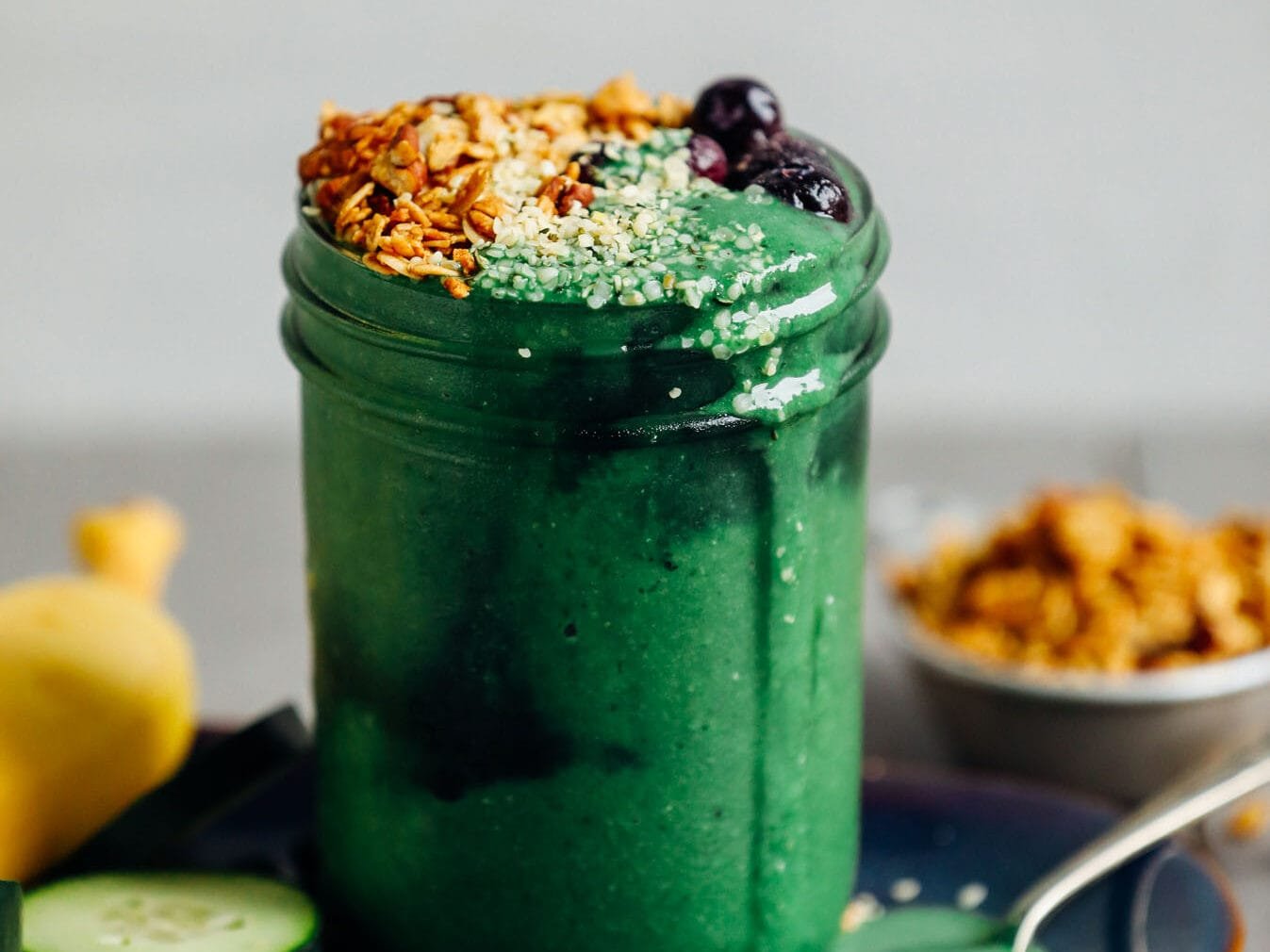
Recipes:
- Spirulina Smoothie: Blend spirulina with banana, spinach, almond milk, and a
splash of lemon juice. - Hemp Seed Energy Balls: Mix hemp seeds with dates, cocoa powder, and
almond butter. Roll into balls and refrigerate.
Recipes and Meal Ideas
Breakfast
- Chia Pudding: Mix chia seeds with almond milk and let sit overnight. Top with fresh berries and nuts.
- Oatmeal: Cook oats with almond milk, add a scoop of protein powder, and top with banana slices and peanut butter.

Lunch
- Quinoa Salad: Combine cooked quinoa with black beans, corn, avocado, and a lime-cilantro dressing.
- Chickpea Salad Sandwich: Mash chickpeas with vegan mayo, celery, and spices. Serve on whole grain bread with lettuce and tomato.
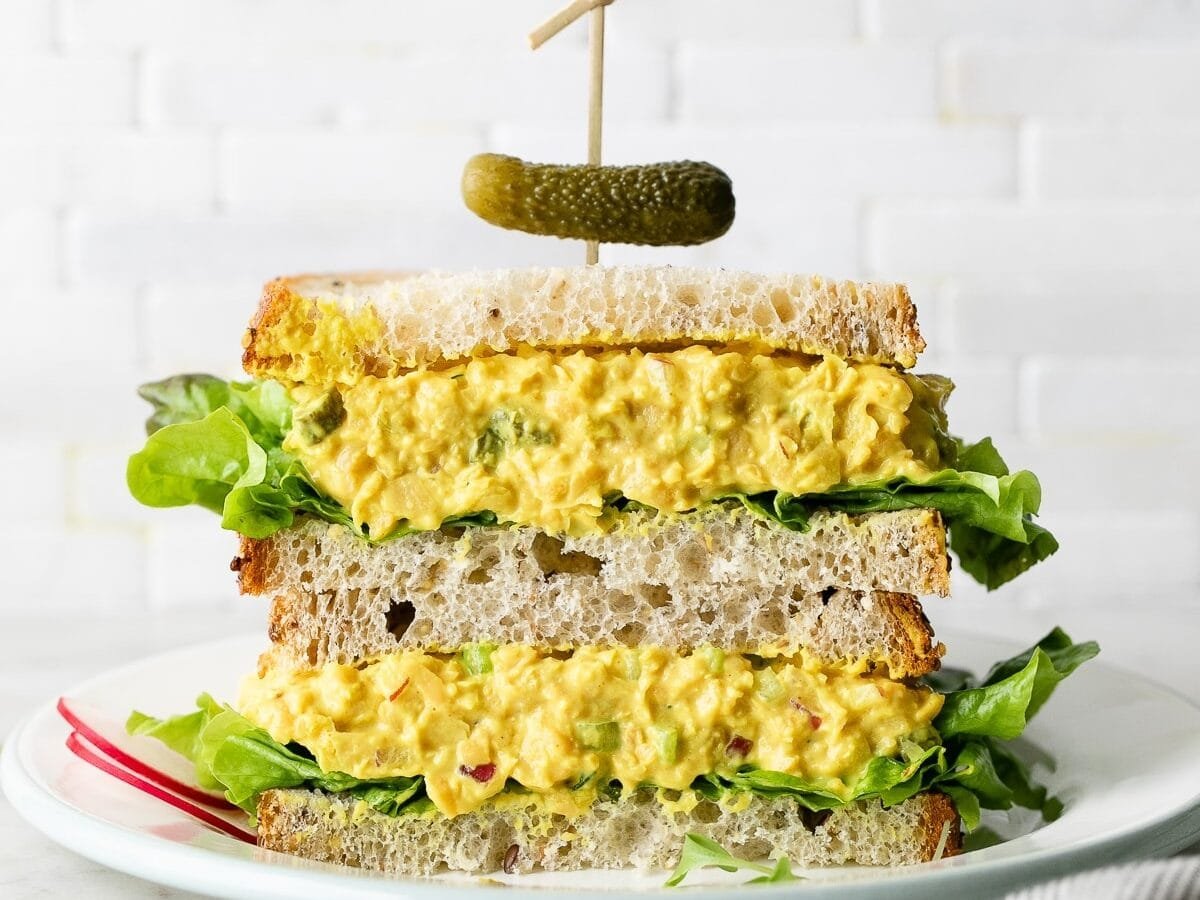
Dinner
- Tofu Stir-Fry: Sauté tofu with broccoli, bell peppers, and a homemade stir-fry sauce. Serve over brown rice.
- Lentil Stew: Cook lentils with carrots, potatoes, tomatoes, and spices for a hearty meal.
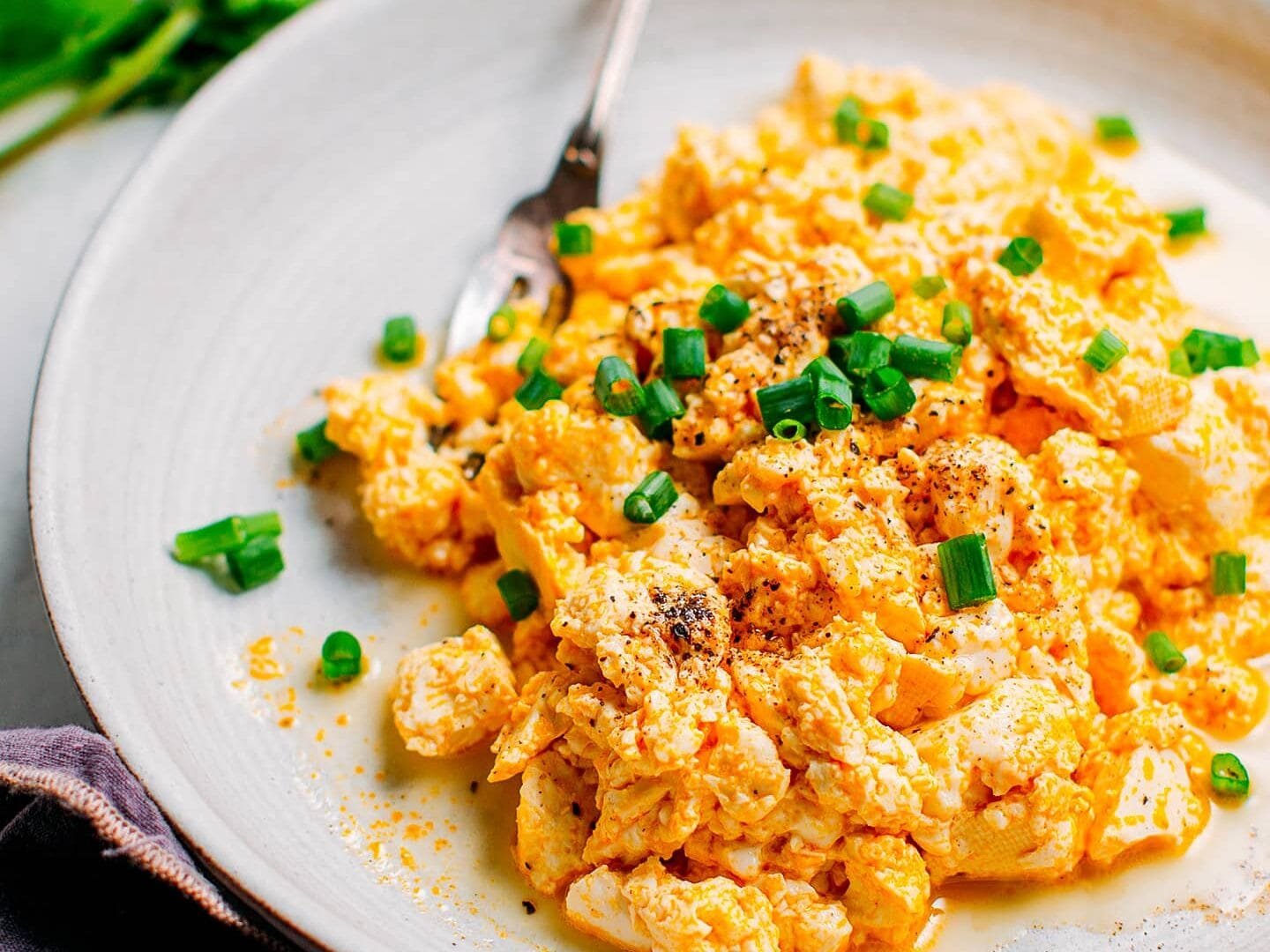
Snacks
Edamame: Steam edamame and sprinkle with sea salt for a quick snack.
- Nut Butter with Apple Slices: Spread almond or peanut butter on apple slices for a protein-rich snack.
- Edamame: Steam edamame and sprinkle with sea salt for a quick snack.
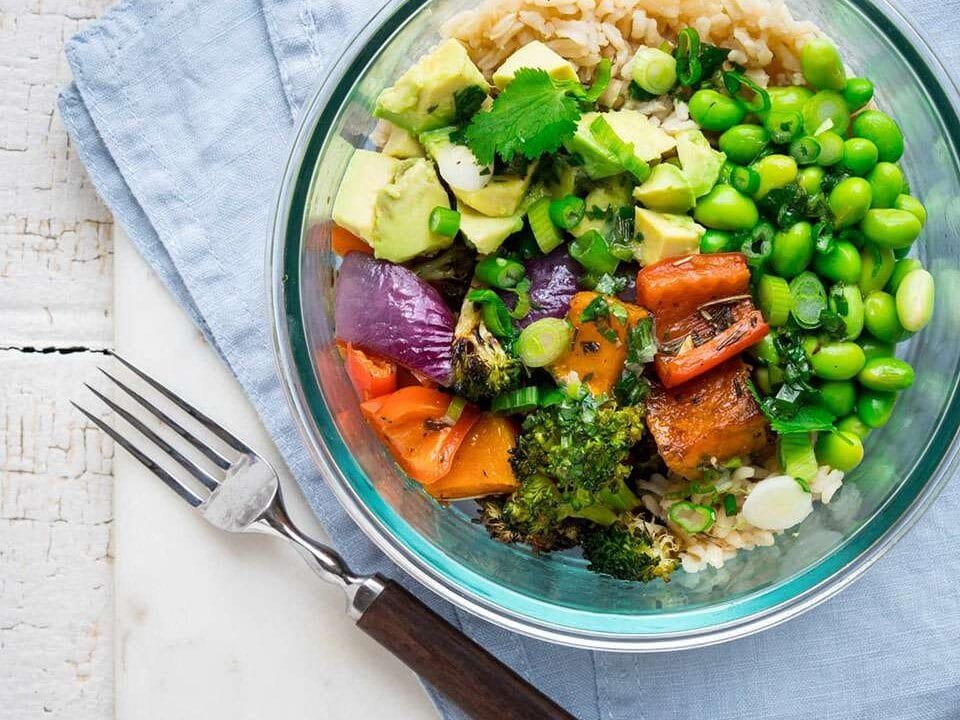
Health Benefits of Plant-Based
Weight Management:
Plant-based proteins can help with weight management by keeping you full longer due to
their high fiber content.
Muscle Building:
Contrary to popular belief, you can build muscle on a plant-based diet by consuming enough
protein from various sources.
Overall Health:
Plant-based proteins are often accompanied by other essential nutrients like fiber, vitamins,
and minerals, contributing to overall health and well-being.
Practical Tips for Incorporating Plant-Based Proteins
Meal Prep:
- Prepare large batches of grains and legumes to use throughout the week.
- Store individual portions in the fridge or freezer for quick access.
Mix and Match:
- Combine different protein sources to ensure you’re getting a complete amino acid profile.
- For example, pair beans with rice or hummus with whole grain bread.
Snacking Smart:
- Keep protein-rich snacks like nuts, seeds, and edamame on hand.
- Make energy balls with hemp seeds and dates for a quick protein boost.
Experiment with Recipes:
Try new recipes to keep meals interesting and delicious.
- Explore different cuisines that naturally incorporate plant-based proteins, such
as Indian or Mediterranean dishes.
Personal Insights and Experiences
In my journey towards a plant-based diet, I’ve found that variety and preparation are key.
Experimenting with different protein sources not only keeps meals exciting but also ensures I get a balanced intake of essential nutrients. One of my favorite discoveries has been nutritional yeast, which adds a cheesy flavor to my dishes without the dairy
Incorporating plant-based proteins into your diet doesn’t have to be challenging. With this guide, you have a comprehensive list of the best plant-based protein sources, practical tips for incorporating them into your meals, and personal insights to help you along the way.
Remember, the key is to enjoy the process and discover what works best for you. Thank you for reading, and I hope you find this information helpful in your plant-based journey
Frequently Asked Questions (FAQ) about Plant-Based Protein Sources
- What are the best plant-based protein sources?
The best plant-based protein sources include lentils, chickpeas, quinoa, tofu, tempeh, edamame, seitan, beans, nuts, seeds, and nutritional yeast. These foods provide essential amino acids and are great for building a balanced diet. - How can I ensure I’m getting enough protein on a plant-based diet?
To ensure adequate protein intake, include a variety of protein-rich foods in your meals. Combine different sources, such as legumes and grains, to create complete proteins.
Additionally, pay attention to portion sizes and aim to include a protein source in every meal. - Are plant-based proteins complete proteins?
Most plant-based proteins are not complete proteins, meaning they do not contain all nine essential amino acids in sufficient amounts. However, by eating a variety of plant-based
foods throughout the day, you can get all the essential amino acids your body needs. Some complete plant-based proteins include quinoa, buckwheat, and soy products like tofu and tempeh. - Can I build muscle on a plant-based diet?
Yes, you can build muscle on a plant-based diet. Many athletes and bodybuilders follow plant-based diets and achieve great results. Focus on consuming high-quality protein sources, maintain a calorie surplus, and ensure you’re meeting your overall nutritional needs, including sufficient protein intake. - Is it expensive to follow a plant-based diet?
A plant-based diet can be cost-effective, especially if you focus on whole foods like beans, lentils, grains, and seasonal vegetables. Buying in bulk, meal prepping, and cooking at home can further reduce costs. While some specialty plant-based products may be more
expensive, they are not necessary for a healthy diet. - Can children and teenagers get enough protein from a plant-based diet?
Yes, children and teenagers can get enough protein from a plant-based diet. It’s important to ensure they consume a variety of protein-rich foods and meet their overall calorie and nutrient needs. Consulting with a healthcare professional or a registered dietitian can help tailor the diet to meet their specific requirements. - Are there any health benefits to consuming plant-based proteins over animal proteins?
Plant-based proteins are typically lower in saturated fats and free of cholesterol, which can be beneficial for heart health. They also provide additional nutrients like fiber, vitamins, and minerals. Additionally, consuming plant-based proteins can support a more sustainable and environmentally friendly diet. - What are some easy plant-based protein snacks?
Easy plant-based protein snacks include hummus with veggies, nut butter with apple slices, roasted chickpeas, edamame, trail mix with nuts and seeds, and energy balls made with dates and hemp seeds. - How can I make sure I’m getting all essential amino acids on a plant-based diet?
To get all essential amino acids, combine different plant-based protein sources throughout the day. For example, pair beans with rice, or eat hummus with whole grain pita. Diversifying your diet with a variety of protein-rich foods ensures you get a complete amino acid profile. - Are protein supplements necessary on a plant-based diet?
Protein supplements are not necessary for most people on a plant-based diet if they consume a variety of protein-rich foods. However, athletes, bodybuilders, or those with higher protein needs may find protein supplements convenient to meet their daily requirements. Always choose high-quality supplements and consult with a healthcare
professional if needed.
